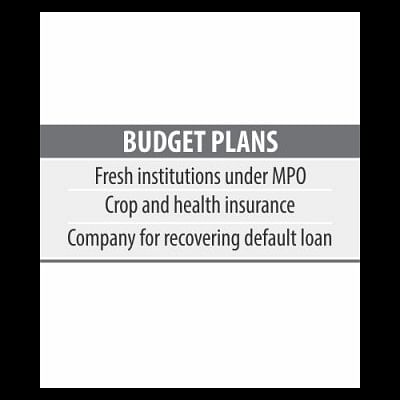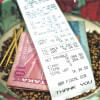Govt plans 3-tier VAT rate

The government plans to introduce three VAT rates of up to 10 percent instead of the current single rate of 15 percent.
The new rates of 5, 7 and 10 percent would come into effect from the next fiscal year, Finance Minister AHM Mustafa Kamal said yesterday.
He was talking to reporters after a pre-budget meeting with the chiefs of the parliamentary standing committees on finance and planning ministries, public accounts and public institutions at the city's National Economic Council auditorium.
Kamal said the proposed VAT rates were waiting approval by the prime minister.
The Awami League government during its previous tenure had backtracked on implementing a new VAT law due to opposition from businesses.
In June 2017, the government had shelved its plan for two years to implement the VAT and Supplementary Duty Act, 2012. It stipulated a flat 15 percent VAT for most of the goods and services available in the country.
The finance minister reiterated that the single VAT rate would not be in force from the next fiscal year.
The National Board of Revenue in the first phase would install 50,000 electronic fiscal devices (EFDs) for collecting the VAT money properly, Kamal said, adding that the government would install a total of 500,000 EFDs in shops across the country in phases.
Hinting at reducing the corporate tax rate in the next national budget, the minister said he thought the rate was too high in Bangladesh compared to other countries.
Currently, listed financial sector companies in Bangladesh pay corporate tax at 37.5 percent and non-listed ones at 40 percent.
About bringing educational institutions under the Monthly Payment Order (MPO) system, Kamal said the government has taken measures to bring all eligible educational institutions under the system in phases in the next three years.
The institutions would be brought under the MPO system in the next fiscal year, but the money would be paid in phases in three years, he added.
The minister said the education ministry had been conducting a study on the MPO and the government would bring educational institutions under the system based on recommendations of the report.
Earlier, Education Minister Dipu Moni had informed parliament that her ministry took measures to bring 2,000 eligible educational institutions under the MPO.
She said 9,000 educational institutions have so far applied online for inclusion under the MPO. Of them, the ministry has identified 2,000 as eligible.
Kamal yesterday said the next national budget would be prepared based on the AL's electoral pledges. The government has plans to introduce crop and universal health insurance in the next fiscal year.
The state-owned Sadharan Bima Corporation will introduce the crop insurance while Jiban Bima Corporation the universal health insurance for all citizens.
Besides, the government will set up an asset management company, aiming at recovering default loans from the next fiscal year.
The government was also mulling over restructuring cash incentives on exports, the minister added.

 For all latest news, follow The Daily Star's Google News channel.
For all latest news, follow The Daily Star's Google News channel. 








Comments